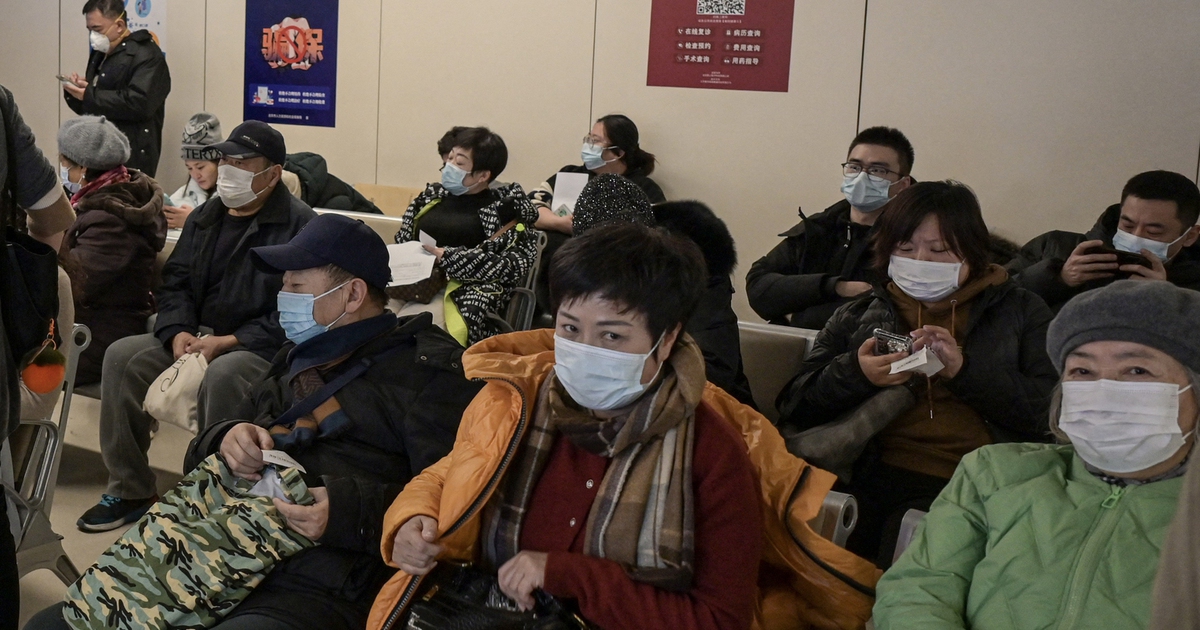People wearing masks wait in the outpatient area of the respiratory department at a hospital in Beijing on January 8.
The World Health Organization (WHO) has said that rising cases of common respiratory diseases in China and other places around the Northern Hemisphere are within the expected winter range and have not been reported. Report unusual outbreaks.
Reports of increased cases of human pneumonia virus (HMPV), a common respiratory infection, in China have attracted much attention, with reports of overcrowding of hospitals is reminiscent of the start of the Covid-19 pandemic more than five years ago, according to Reuters.
However, on January 8, WHO issued a statement saying that the organization had contacted Chinese health officials and had not received any reports of unusual outbreak patterns there. Chinese authorities have also informed the UN health agency that the health system is not overwhelmed and no emergency response has been activated.
WHO said China’s data up to December 29, 2024 showed that detections of HMPV, seasonal influenza, Rhinovirus and respiratory syncytial virus (RSV) had all increased in recent weeks, especially in the northern regions. northern China. Influenza is currently the most commonly reported cause of illness, WHO said.
“The observed increase in acute respiratory infections and associated pathogen detection in many countries in the Northern Hemisphere in recent weeks is expected at this time of year and is not must be unusual,” WHO added.
HMPV usually causes cold-like symptoms for a few days, but in rare cases can lead to hospitalization in children, the elderly or people with predisposed health problems.
Unlike SARS-CoV-2 that causes Covid-19, which is a new virus, HMPV was first discovered in 2001 and has likely been circulating for a much longer time, scientists say.
Several other countries such as India and the UK have also seen increased cases of HMPV this winter, as well as other respiratory infections, in line with seasonal trends that can sometimes overdo it. hospital load.
“Almost every child will be infected with HMPV at least once before their fifth birthday,” said Paul Hunter, professor of medicine at the University of East Anglia in the UK. He said countries are also improving their ability to diagnose the disease, so that could be a factor in the reported increase in incidence.
“Overall, I don’t think there is any indication right now of a more serious global problem,” he said.








